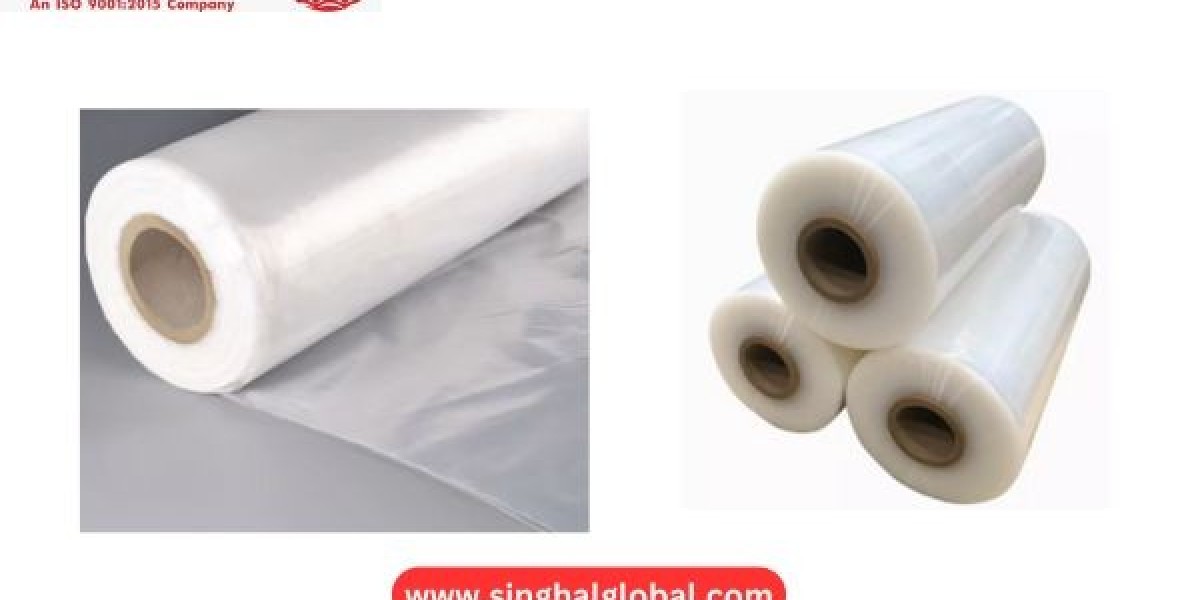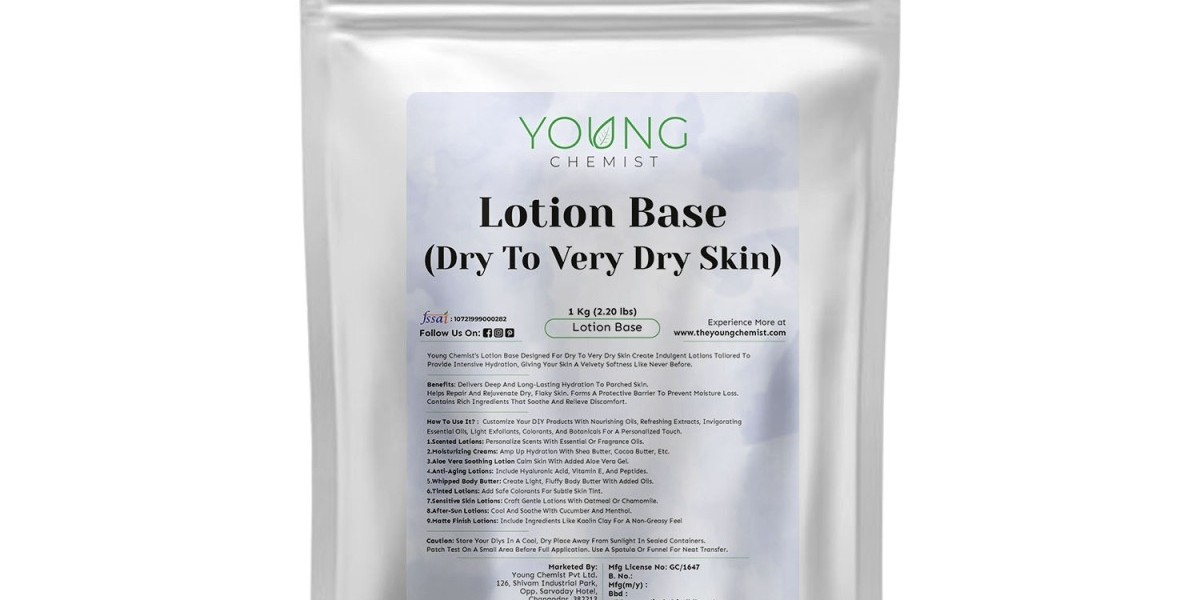Polyethylene (PE) film is a highly versatile material widely used across various industries due to its durability, flexibility, and cost-effectiveness. Available in multiple types, including Low-Density Polyethylene (LDPE), High-Density Polyethylene (HDPE), and Linear Low-Density Polyethylene (LLDPE), PE films are designed to meet specific industrial needs such as packaging, agriculture, construction, and more. This article delves into the critical aspects of PE film for Industrial use, highlighting its material properties, the role of reliable suppliers, and its applications. Whether you're seeking insights into selecting the right PE film or finding a trusted supplier, this guide has you covered.
What is PE Film?
Polyethylene film, commonly known as PE film, is a thin plastic sheet made from polyethylene resins. It is characterized by:
- Flexibility: Highly pliable and adaptable to various forms and uses.
- Chemical Resistance: Resistant to most chemicals, oils, and acids.
- Waterproofing: Excellent moisture barrier properties.
- Cost-Efficiency: Affordable and easy to produce in large quantities.
Types of PE Film for Industrial Use
Understanding the different types of PE films is crucial for choosing the right material:
1. Low-Density Polyethylene (LDPE) Film
- Properties: Soft, flexible, and transparent.
- Uses: Packaging films, agricultural mulch, and protective covers.
- Advantages: Excellent moisture resistance and lightweight.
2. High-Density Polyethylene (HDPE) Film
- Properties: Stiffer, stronger, and more opaque than LDPE.
- Uses: Heavy-duty bags, geomembranes, and construction liners.
- Advantages: High tensile strength and durability.
3. Linear Low-Density Polyethylene (LLDPE) Film
- Properties: Combines strength and flexibility.
- Uses: Stretch wraps, industrial liners, and heat-sealable films.
- Advantages: Greater puncture resistance and elasticity.
Applications of PE Film in Industrial Sectors
PE film is an integral material in many industrial operations due to its versatility and adaptability:
1. Packaging
- Shrink Wrap: Protects goods during storage and transportation.
- Stretch Film: Used for pallet wrapping to secure loads.
- Food Packaging: Keeps products fresh and contamination-free.
2. Agriculture
- Mulch Film: Enhances soil temperature, retains moisture, and prevents weed growth.
- Greenhouse Film: Provides insulation and UV protection for crops.
3. Construction
- Vapor Barriers: Prevents moisture seepage in buildings.
- Protective Covers: Shields materials from dust, debris, and weather.
4. Healthcare and Pharmaceuticals
- Sterile Packaging: Ensures hygienic storage of medical equipment.
- Laminated Film: Used in pharmaceutical pouches and blister packs.
5. Industrial Liners
- Geomembranes: Used in landfills and water containment systems.
- Chemical Liners: Provide resistance to corrosive substances.
Material Properties of PE Film
To ensure suitability for industrial applications, PE films possess specific material properties:
- Thickness Variability: Available in thin to heavy gauges to suit different needs.
- UV Stabilization: Prevents degradation when exposed to sunlight for prolonged periods.
- Anti-Static Properties: Reduces the buildup of static electricity in certain applications.
- Heat Sealability: Allows for secure packaging and wrapping.
PE Film Suppliers: Choosing the Right Partner
Selecting a reliable PE film supplier is crucial to ensure product quality and timely delivery. Here are some key considerations when choosing a supplier:
1. Material Quality
Look for PE Film Supplier who use premium-grade polyethylene resins and comply with industry standards like ISO, ASTM, or FDA certifications (for food-grade films).
2. Customization Options
Choose suppliers that offer a range of customization options, such as specific dimensions, thicknesses, colors, and additives.
3. Production Capacity
Ensure the supplier has adequate manufacturing facilities to handle bulk orders and deliver on time.
4. Technical Support
A good supplier provides technical advice on material selection, application guidance, and troubleshooting.
5. Sustainability Practices
With increasing environmental concerns, prioritize suppliers who offer eco-friendly options like recyclable or biodegradable PE films.
Advantages of Using PE Film in Industrial Applications
The widespread adoption of PE film in industrial applications is attributed to its numerous benefits:
- Versatility: Adapts to a variety of uses across sectors.
- Cost-Effectiveness: Delivers high performance at an affordable cost.
- Durability: Resistant to wear and tear, ensuring a long lifespan.
- Lightweight: Reduces transportation costs and handling effort.
- Customizability: Easily tailored to meet specific requirements.
Future Trends in PE Film
As industries strive for sustainability and efficiency, PE film technology continues to evolve:
- Biodegradable PE Films: Development of eco-friendly materials that decompose naturally.
- High-Performance Additives: Enhancing film properties like strength, UV resistance, and anti-fog capabilities.
- Automation in Production: Streamlining manufacturing processes for faster and more cost-effective production.
Conclusion
PE film plays a pivotal role in various industrial applications, offering an unparalleled combination of strength, flexibility, and affordability. Whether you're in agriculture, construction, or packaging, understanding the material's properties and working with a reputable PE Film Material can significantly enhance your operational efficiency.
By leveraging the benefits of PE film, businesses can achieve superior results while keeping costs in check. For a tailored solution, connect with trusted suppliers who can provide high-quality and sustainable PE film options tailored to your industrial needs.
Frequently Asked Questions
1. What is PE film?
PE (Polyethylene) film is a thin plastic sheet made from polyethylene resin. It is widely used in various industries due to its flexibility, durability, moisture resistance, and affordability.
2. What are the types of PE film?
- Low-Density Polyethylene (LDPE): Soft, flexible, and commonly used for packaging and protective covers.
- High-Density Polyethylene (HDPE): Strong, rigid, and ideal for heavy-duty applications.
- Linear Low-Density Polyethylene (LLDPE): Combines strength and flexibility, often used for stretch wraps and liners.
3. What industries commonly use PE film?
PE film is used in:
- Packaging: Shrink wrap, stretch film, and food packaging.
- Agriculture: Mulch film and greenhouse covers.
- Construction: Vapor barriers and protective sheets.
- Healthcare: Sterile packaging and pharmaceutical laminates.
- Industrial Liners: Geomembranes and chemical-resistant liners.
4. What are the benefits of using PE film?
- Cost-effective and lightweight.
- Resistant to moisture, chemicals, and wear.
- Customizable for various thicknesses, sizes, and properties.
- Eco-friendly options like recyclable and biodegradable films are available.



